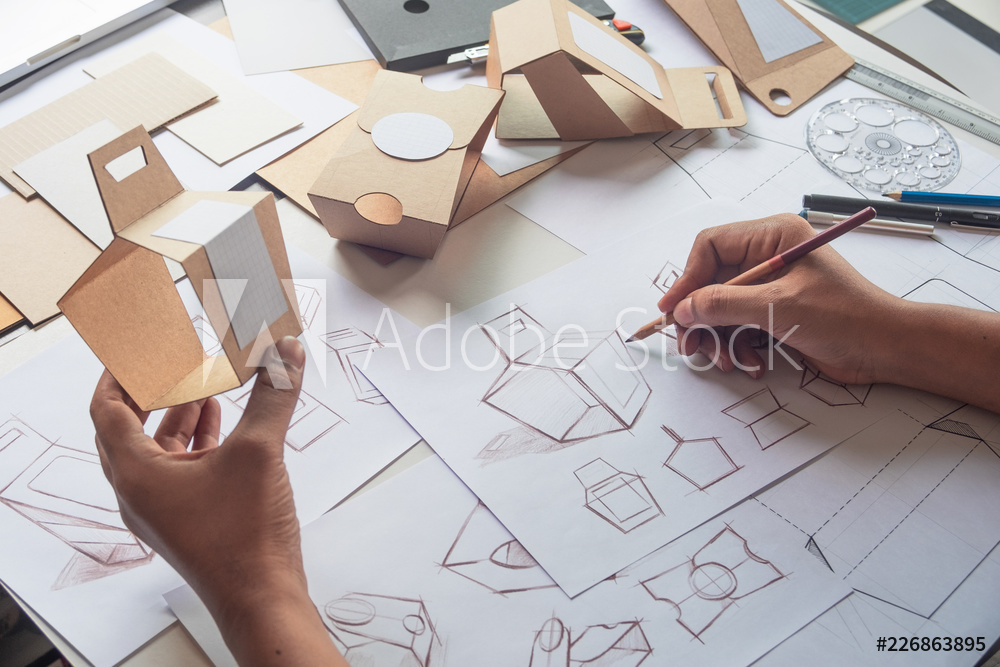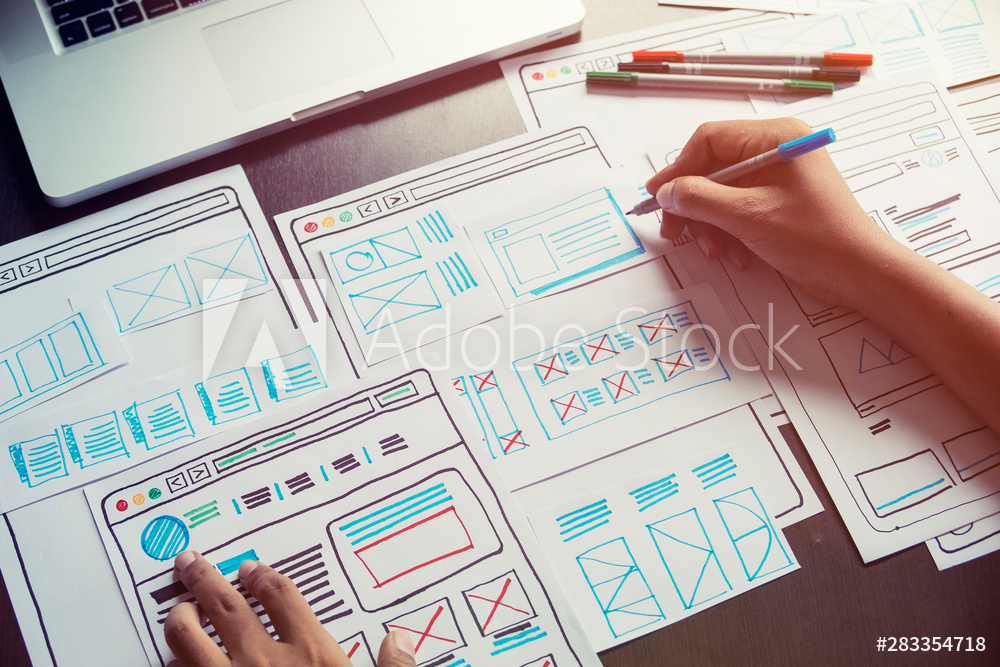Employment as an industrial designer fills the need of industry at a variety of levels. Designers have the capacity to explore the potential of many materials such as wood, metal, plastics, rubber, or soft goods. They are trained to equally create quality products and provide them with a solid aesthetic appeal and styling that will appeal to a group of users. Industrial designers are also trained to think empathically about uses and how to discover latent and visible needs for a group of customers. They are specialists in eliciting information from test users and are trained in observing user behavior and applying it to their projects, whether it would be a small product , environment, system, or experience.
In recent years, there has been a surge in the hiring of industrial designers as digital specialists in UX (user experience design), particularly because the operation of digital tools still reflects largely on the physicality of the world we live in. Industrial designers are well-prepared due to their ability to establish a unique connection and offer a solution that separates them in a competitive environment.
Designers also offer a unique approach to identifying development opportunities and innovation, because they are particularly adept at taking the pulse of society to find trends and tendencies. Through research and field work, they can glimpse beyond local cultures and offer macro solutions to complex societal issues or unique transnational systems or experiences. Their research might lead to:
- Understanding of upcoming color tendencies
- Learning about the evolution of interaction with products in our homes
- Offering a view on the future of transportation in large cities
- Design of medical devices to help an ever-growing number of senior citizens


Industrial designers investigate solutions that will be relevant after a few months or even years of development, and can analyze complex systems to offer unique and aesthetically viable solutions.
A career in industrial design can follow many routes. Here are some examples:
- Product designer working at a design consulting firm
- Product designer in a large manufacturing company
- Concept developer for startups and creative agencies
- Designer in an engineering consulting firm
- Computer Aided Design (CAD) specialist, working in conjunction with other engineers and designers
- Freelance for in a product development company
- Concept developer and rendering expert
- Creative thinker for large corporations
- Packaging and point-of-purchase display designer
- Automotive and transportation designer
- Trend researcher and consultant
- Patent developer and inventor
- Exhibit designer
- Museum designer
- Toy designer
- Medical device designer
- Retail and branding designer
- Program director at a brand design agency
- Sustainability designer
- Soft goods designer
- Human factors and user experience (UX) designer
- Material researcher
- Lab manager or design director for a federal government agency like NASA
- Design thinking specialist for public policy
- Consultant on research and innovation